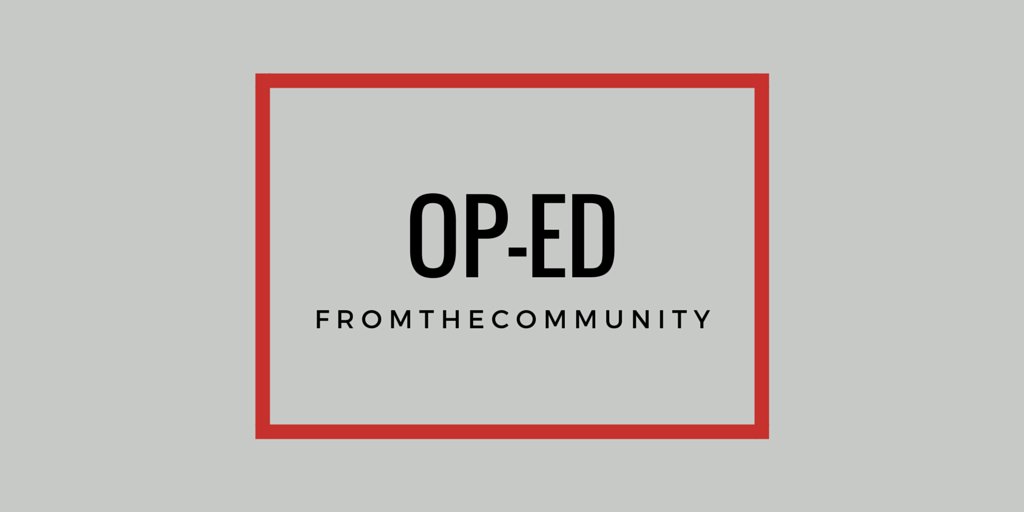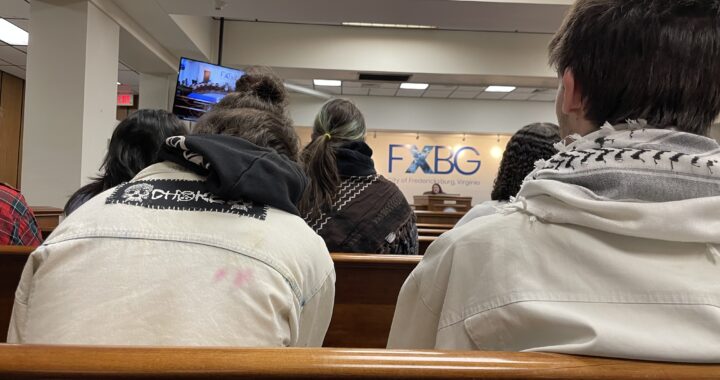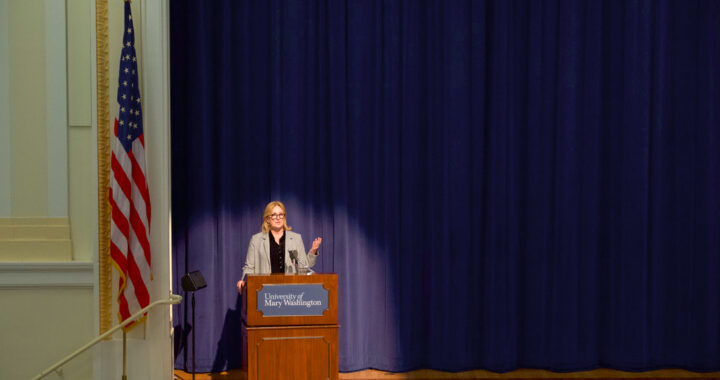Op Ed: Oppositional student government proven radically effective
4 min read
Lauren Brumfield | The Blue & Gray Press
By ALEX OBOLENSKY
Last year the student body approved a change to the Student Government Association constitution which removed a clause requiring the SGA to drop their advocacy any issue where they disagreed with the administration, and added a new statement of purpose: “to advocate for the legitimate interests of the student body.”
While some understood it as a minor change, it fundamentally recast the relationship between the SGA, the administration, and the wider university community.
It allowed the student body to have a steadfast advocate, even on issues where there was disagreement within the community. The President and his cabinet lost their immediate and unbreakable veto over SGA actions.
This allowed the SGA to function as an effective counter-weight to administration positions, and forced decision makers to deal with students as equals. That is only right as we are the primary stakeholders in this institution, and ultimately the only reason it continues to exist.
This new relationship has enabled all the successes we have won this year. It has allowed us to negotiate.
When there was widespread consternation about the new mandatory freshmen meal plan, we passed motions to expand the places on campus where those swipes could be used. That was opposed by the administration initially, but we stuck with it. We won the ability to use some freshmen meal swipes at almost all retail dining locations on campus.
Freshmen are now freer to eat wherever they wish on campus than ever since the change was implemented. When students spoke up about the moral and pragmatic arguments for institutional divestment, previous student governments stayed silent on the issue.
They believed it was too controversial and did not want to risk the confrontation. This year the SGA has passed a number of motions advocating for this avidly supported student cause. We passed a motion asking that the President’s Council on Sustainability report relating to the issue include a recommendation. That has happened and is shaping the debate across campus.
Most recently the SGA passed a motion requesting that the Board of Visitors respect that recommendation and vote to endorse 99% fossil fuel divestment from Carbon 200 companies. Two days later we were joined by the University Faculty Council, which passed a nearly identical motion. The official bodies of both the students and the faculty have now joined with the recommendation of the committee – which includes two board members. I expect that the Board of Visitors will approve institutional divestment at their upcoming regular meeting.
We will be the first public university in the south and the first university in Virginia to divest. This demonstrates our unique ability to engage on issues of great social importance, and will attract many more high quality students than the cheap slogans that have been relied on in the past. In other words, Divestment is a “Yes- Brainer,” only enabled through oppositional advocacy.
A Student Senate meeting, which was supposed to be about tuition and fee hikes, it was revealed that the administration could not calculate its own overhead costs – mainly because they couldn’t define who was or wasn’t in an administrative position. This brought the entire rationale for the cost increases into question, so we started investigating: creating a ad-hoc Committee on Tuition Increases; demanding a definition of administrator; and advocating for student oversight throughout the budget process.
After nearly a semester’s contentious effort, the administration has offered a definition of administrator, and the University Faculty Council has approved the installation of a new student representative on the University Budget Advisory Committee beginning next year. These will both go a long way to foster an atmosphere of open and continuous communication on one of the issues of greatest importance to the entire student body.
Besides improving life and institutional access for all students, these victories validate the utility of this new oppositional approach. Instead of closing down discussion, respectful confrontation allows effective and honest advocacy efforts to succeed. Instead of wasting political capital, it has allowed the organization to accrue legitimacy. Instead of intransigence, it has promoted student responsibility.
Now don’t get me wrong, there are still many more improvements to be made to our community. The ability of freshmen to use meal swipes around campus is still more limited than it should be.
The definition of administrator includes artificial restrictions limiting the amount of personnel that can be identified as administrator, and has not led to a cost analysis as we originally requested. The tuition and fee increases have not been mitigated by moderate administrative budget cuts, even though spending in that area has more than doubled in the past four years. There is still work to be done.
However, the success of the model implemented this year demonstrates that the solution to these problems lies not in kowtowing to established authority, but in representing our views in a forthright, negotiable way. I have full faith that the incoming leaders will build on our success this year, and confidently advocate for causes which have wide-ranging student support, empowering our university to excel through respectful opposition. I can only hope that the incoming administration recognizes that empowering students improves everyone’s life, and makes the ideals of our community a reality.











